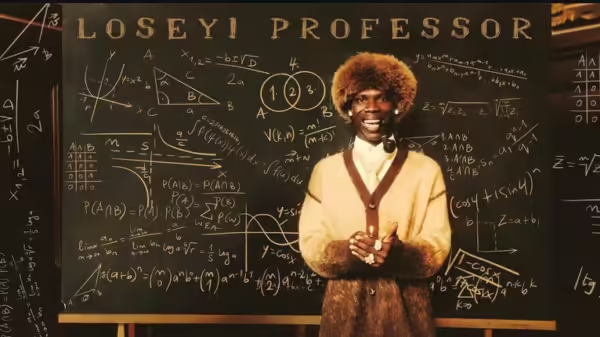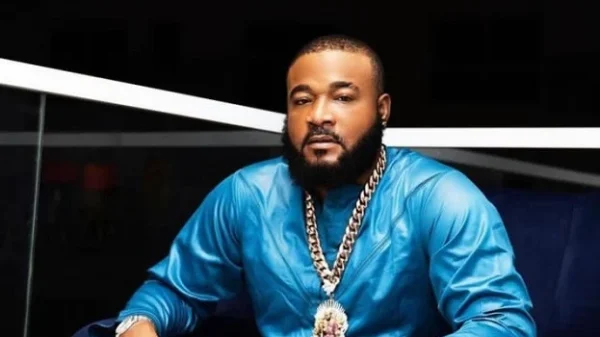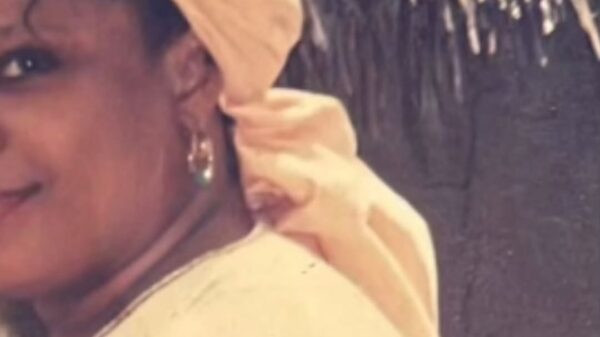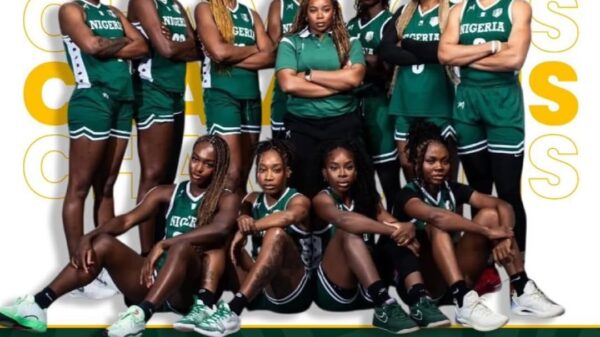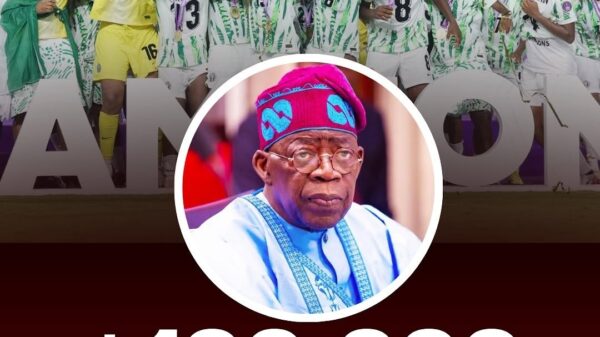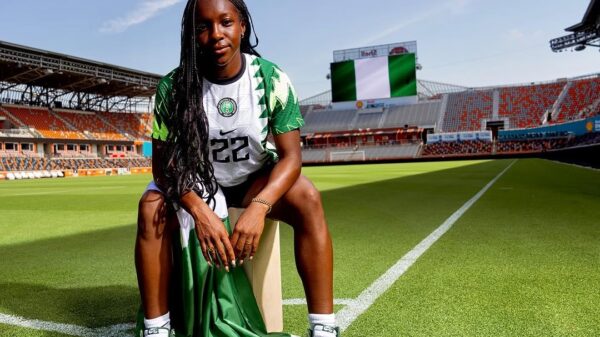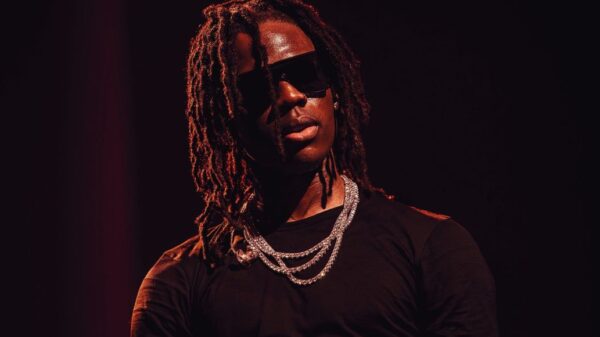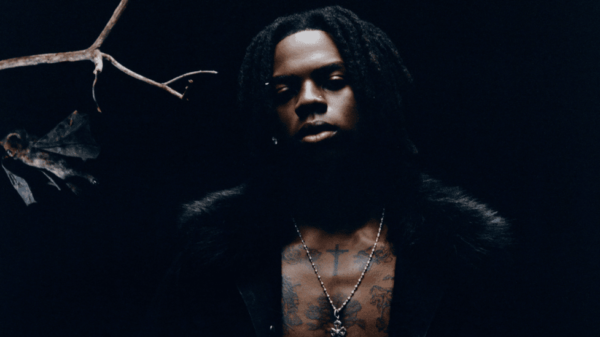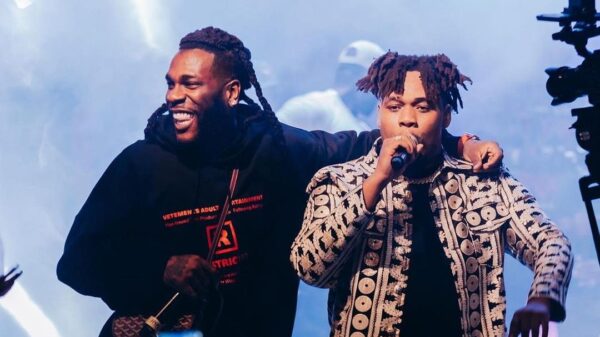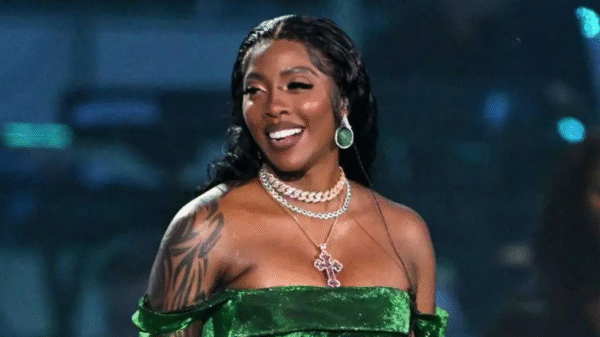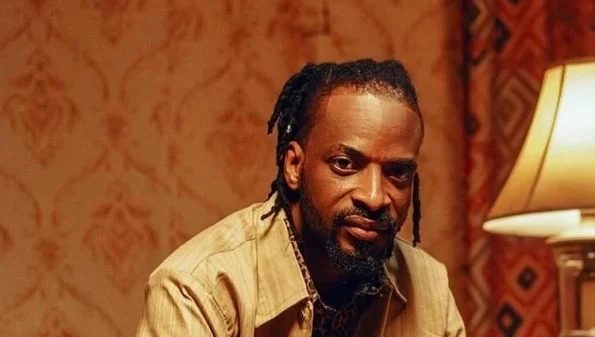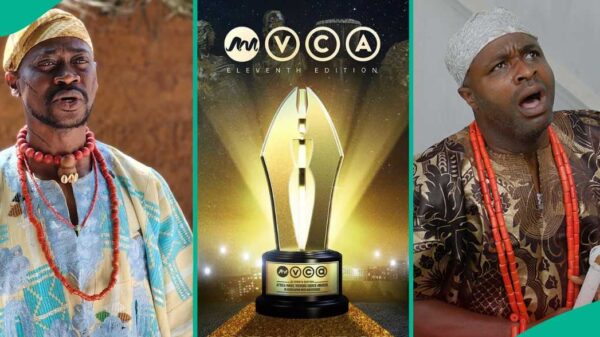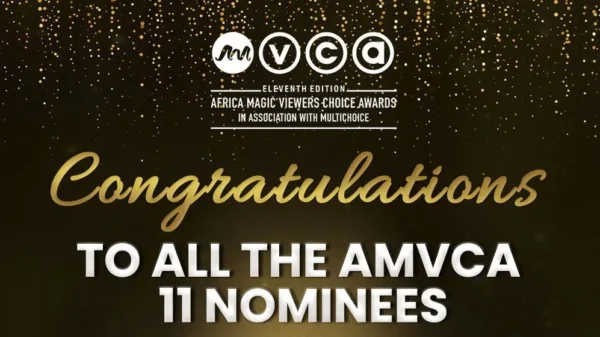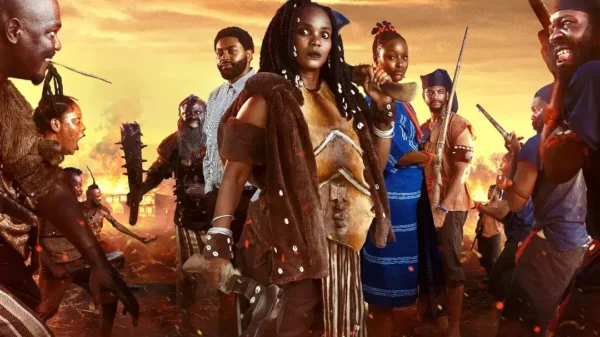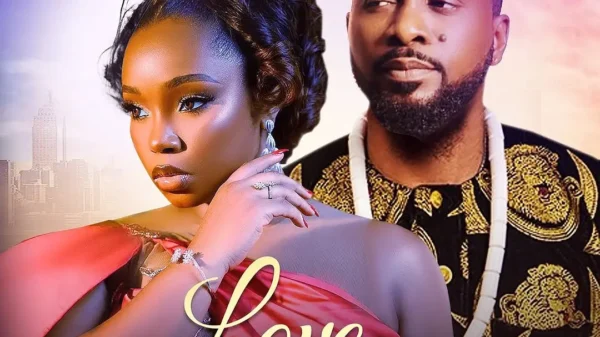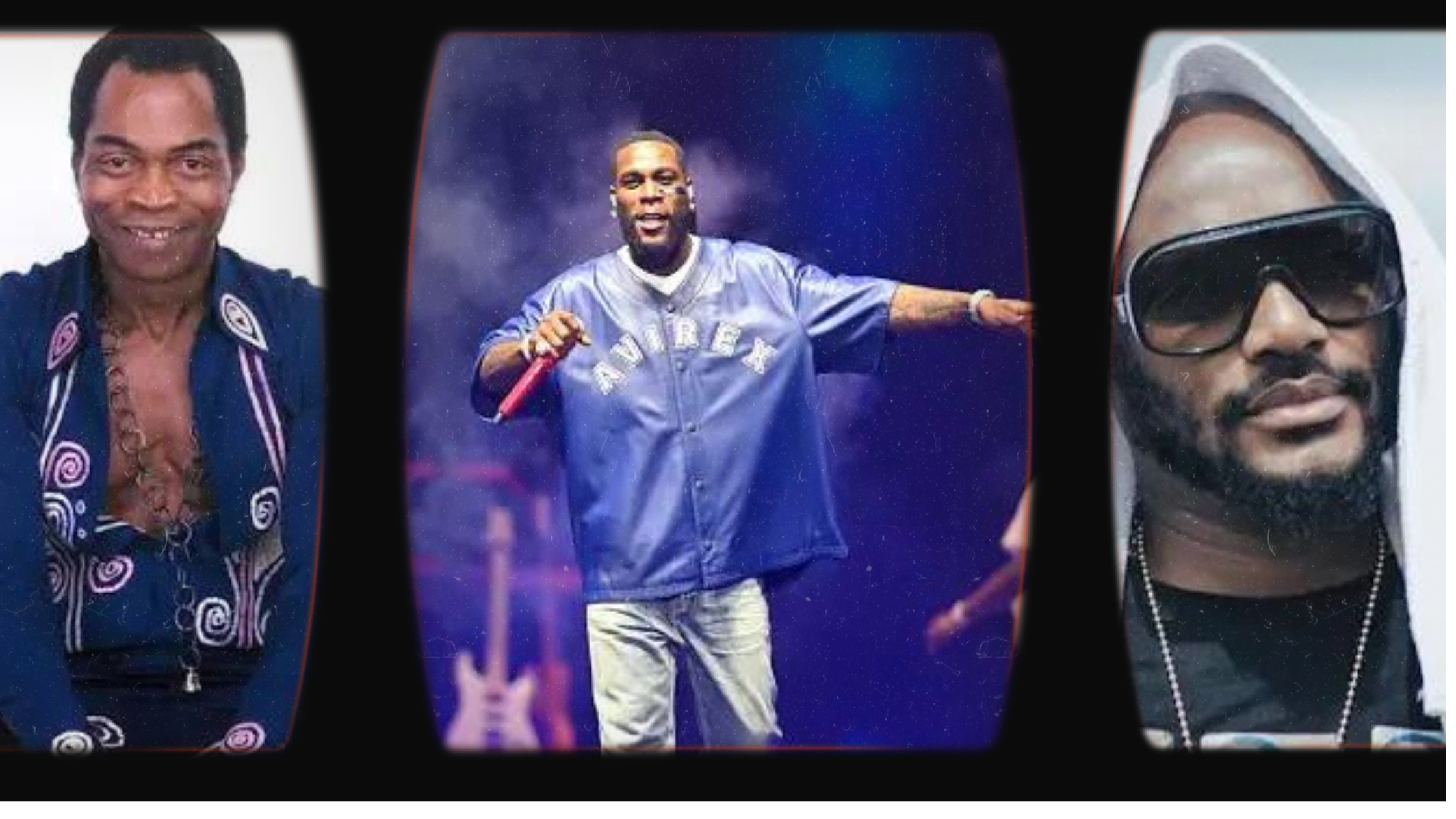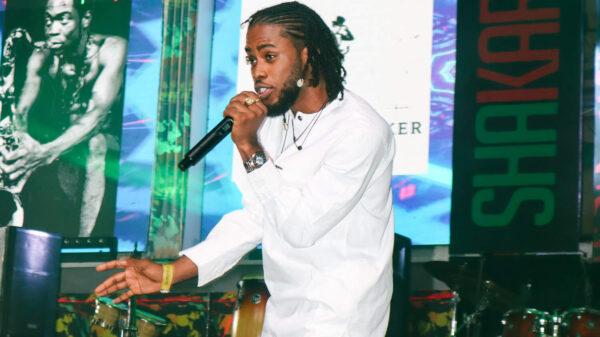Recently, the concept of the “Afrobeats genre” has sparked considerable debate, particularly following a series of posts by Wizkid on his Instagram a few weeks ago.
From my perspective, Afrobeats has not been accurately defined as a genre. The current usage broadly encompasses any music from Africa, which is a profoundly erroneous perception encouraged by the West. This classification echoes the approach to “World Music,” where music that the Western world does not understand from other regions is indiscriminately grouped together. The only difference now is that any misunderstood music from Africa is hastily labeled as Afrobeats.
Such misclassification is harmful to our cultural identity.
Originally, the term ‘Afrobeats’ referred to a distinct sound that emerged in Nigeria in the late 1990s and early 2000s. Unfortunately, due to this mislabeling, it has become common to categorize various African music styles under the Afrobeats label simply because of the “Afro” prefix.
Returning to my initial question: Is Afrobeats a genre?
According to online definitions, “Afrobeats is a contemporary music genre that combines West African musical styles with American funk and jazz influences. Originating in Nigeria in the early 2000s, Afrobeats is characterized by its upbeat, danceable rhythms, and is often distinguished by its use of traditional African instruments alongside electronic production and global pop elements.”
But how accurate is this description?
Contrary to this definition, what is currently recognized as Afrobeats bears little resemblance to Jazz or American funk. Its true influences are hip-hop and reggae/dancehall.
This misleading definition highlights a significant issue: the stakeholders of the genre have not properly classified or defined it, allowing external parties to impose an inaccurate portrayal of our music. Who is better qualified to define our genre than we are?
It is regrettable that we accepted and internalized the Western definition of our genre, perpetuating the misnomer of Afrobeats.
The term gained prominence in the UK around the early 2010s when DJs like DJ Abrantee began promoting it on Capital FM Xtra, using it as a catch-all term for various sounds emanating from West Africa, particularly Nigeria.
Pioneering tracks that set the stage for what would later be recognized as “afrobeats” include songs like Remedies’ “Mi o Shako Mo,”
Lala le Friday, Plantashun Boiz’s “Knock Me Off,” Tony Tetuila’s “Omode Meta,” Seyi Shodimu’s “Love Me Jeje – Love Me Tender,” and Paul IK Dairo’s remix of his father’s hit “Mosorire,” featuring a hip-hop beat.
These songs, which combined hip-hop/RnB or Reggae/dancehall beats with lyrics in Yoruba or Pidgin English and local melodies, marked the genesis of the movement, initially known as Naija Hip-hop. Some suggest the alternative label “Afropop.”
This foundation laid the groundwork for the widespread recognition of many artists in Nigeria.
What we now refer to as Afrobeats is directly derived from this early movement.
So, why label every sound from Africa as Afrobeats when the continent produces a diverse array of music? Can Asa’s music be considered Afrobeats in the same way as M.I Abaga’s? Should Ayra Starr and Asake’s music be categorized the same simply because they are Nigerian, despite sounding distinctly different? Do Terry Apala and Burna Boy sound alike enough to be grouped under Afrobeats? Should Flavour N’abania’s music be equated with Rema’s just because it comes from Africa? If the music is hip-hop, then it should be classified as hip-hop. If it’s RnB, then it should be labeled RnB. If it’s reggae, then it should be classified as reggae. However, the tendency in the West is to indiscriminately classify all such music as Afrobeats.
This broad categorization is starting to negatively impact us, including losses at the Grammys among other consequences.
I advise that we begin to properly identify our sounds and move away from the generic label of Afrobeats. Wizkid himself has stated he is not an Afrobeats artist. What about you?
So, is Afrobeats a genre? I don’t believe it is, and I am confident that both the definition and its application are incorrect.



